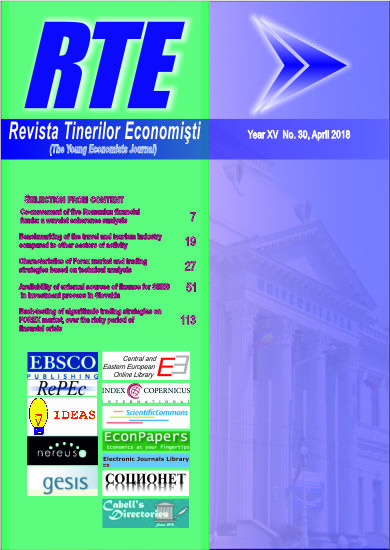SET OF THE ASSUMPTIONS SPECIFIC TO THE RESEARCH OF THE LINKAGE BETWEEN TOTAL QUALITY MANAGEMENT AND PROJECT MANAGEMENT FROM THE PERSPECTIVE OF TOOLS
USED IN PROJECTS
SET OF THE ASSUMPTIONS SPECIFIC TO THE RESEARCH OF THE LINKAGE BETWEEN TOTAL QUALITY MANAGEMENT AND PROJECT MANAGEMENT FROM THE PERSPECTIVE OF TOOLS
USED IN PROJECTS
Author(s): Adina Mihaela Nuțoiaca DragoliciSubject(s): Business Economy / Management, Business Ethics
Published by: Editura Universitaria Craiova
Keywords: hypothesis; total quality management; project management; logical framework approach; log frame matrix;
Summary/Abstract: The current programming period 2014-2020 presents many opportunities to finance innovative ideas and projects. The architecture of funds and direct grants continues to provide a wide range of funding opportunities for projects. However, funding is often not used as efficiently as possible or may be refused due to lack of knowledge or improper planning. Although many programmes and initiatives have different characteristics, the development and implementation of projects comply with common rules. Therefore, it is required the implementation of the principles specific to the management of project cycle used when identifying, controlling, implementing and evaluating project results. One of the main instruments of management of project cycle is the logical framework. This instrument is focused on the participation of both partners and target group members, which is the reason why it is part of the management process of project cycle. The logical framework approach (LFA) is a specific processes well as a set of instruments that managers use to assist the processes of planning and management of objective-oriented projects. It creates and provides a group of correlated concepts used as part of a recurring process to facilitate the structured and systematic analysis of a project or program. From these perspectives, the article sought to identify and build a theoretical foundation of a set of assumptions that could be the basis for a dedicated research dedicated to integrating the total quality management and project management from the perspective of instruments used in projects.
Journal: Revista tinerilor economişti
- Issue Year: 2018
- Issue No: 30
- Page Range: 126-134
- Page Count: 9
- Language: English

